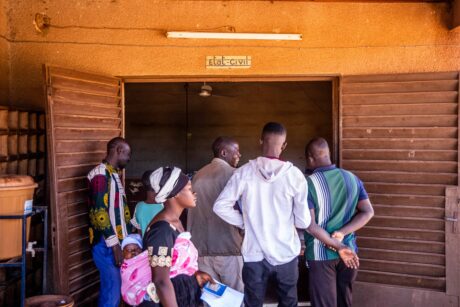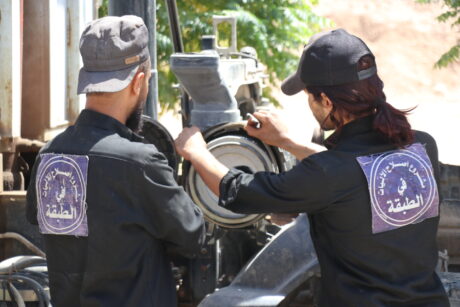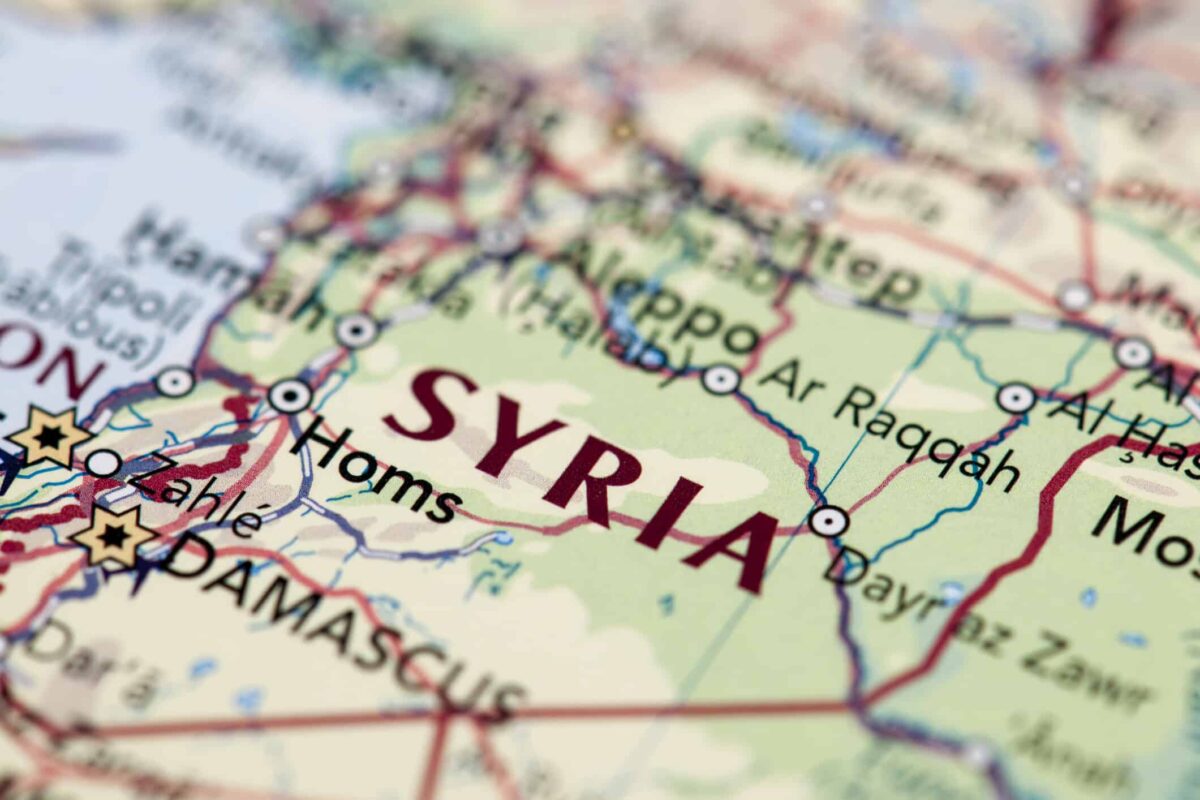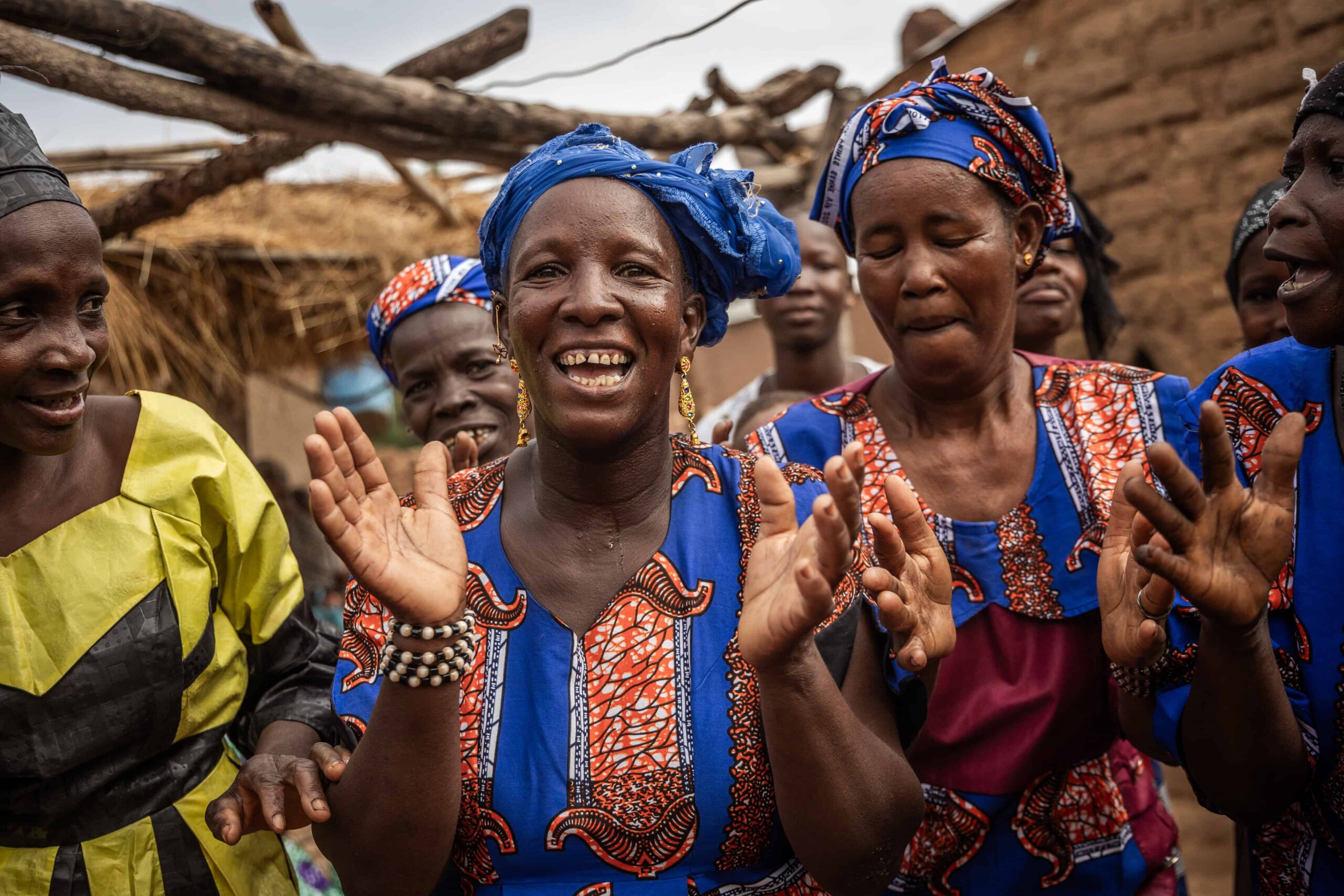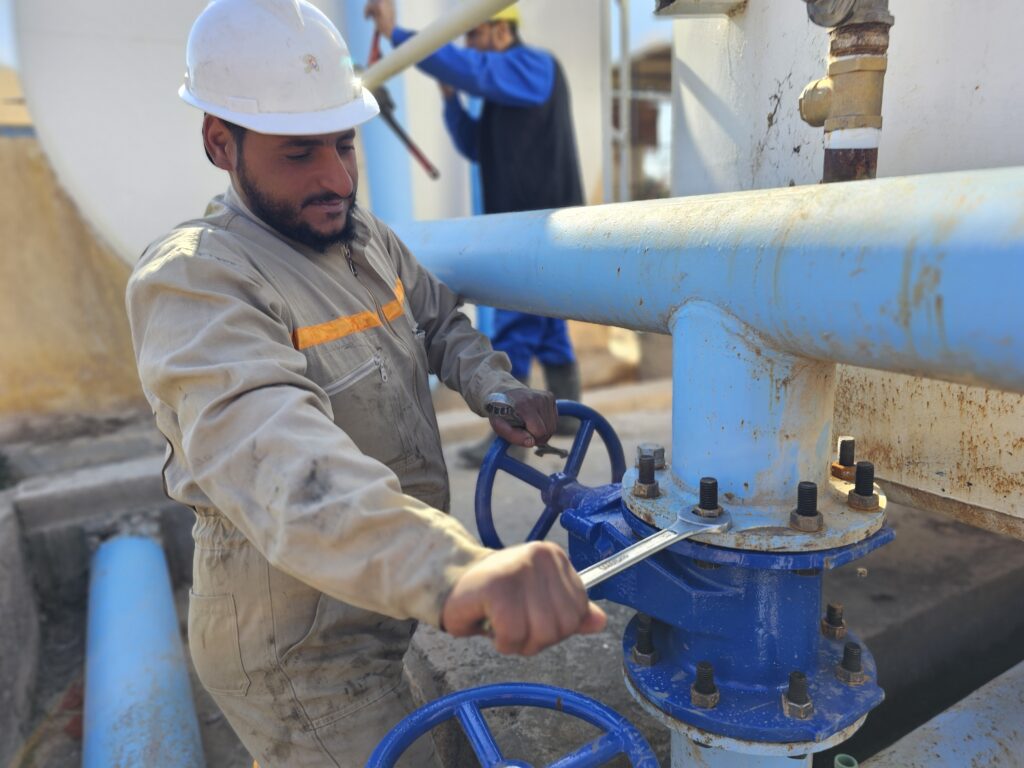
Recent improvements in water service in northeastern Syria are serving as examples of the importance of citizen engagement in the provision of essential public services.
Khaled, a 49-year-old civil engineer, repeatedly voiced his concerns to municipal officials in Hajin city about the need to repair a break in the water line in his neighborhood. Recent improvements supported by FURAT III were a source of great relief, he said.
“Finally turning on the tap and feeling that rush of water after days of waiting is like a breath of fresh air,” said Khaled, whose full name is not used for security reasons. “It’s amazing how something so simple can bring such relief and gratitude. It makes you appreciate the little things in life, that’s for sure.”
Like other public infrastructure, water and wastewater systems in northeast Syria have been damaged by war and lack of resources. As the governorate of Deir Ezzor rebuilds, the age and deterioration of the water infrastructure have led to frequent water disruptions amid a historic drought, posing significant risks to the health and well-being of communities.
With funding and support from the U.S. State Department’s Bureau of Near Eastern Affairs, the Facilitating Urban Recovery and Transition (FURAT III) program worked with the Deir Ezzor Civil Council to plan and undertake critical repairs with active citizen involvement. Local officials worked hand in hand with citizens to identify and report malfunctions in the water network.
In the first three months of 2024, crews rehabilitated 14 kilometers of the water network (almost 9 miles) and provided vital maintenance to 45 drinking water stations. Workers also brought back online two drinking water stations in Al-Harijiya and Al-Badia that had been out of service, benefiting 60,000 people.
“I appreciate the town’s commitment to ensuring our water supply remains safe and reliable,” Khaled said.
The collaborative approach fostered a sense of ownership and empowerment among citizens, making them active partners in driving positive change.
Project organizers said the municipal officials’ repairs represented significant progress, adding that efforts continue to reinstate more stations for stable and sustainable water supply in northeast Syria. U.S. officials noted that FURAT III is providing an opportunity for local authorities and tribal leaders to work together to meet the needs of Deir Ezzor residents.
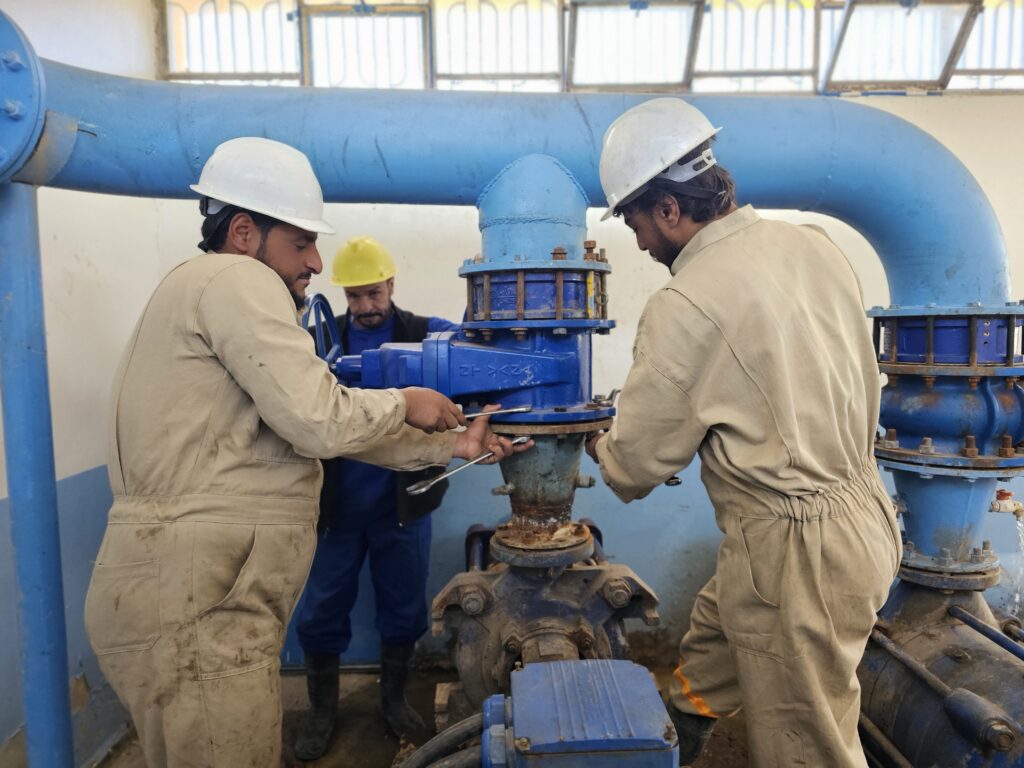
In addition to improving water service to residents in the short term, FURAT III also helps local governments manage continuous maintenance and water testing, thus ensuring the reliability, efficiency and safety of the water supply over the long term. Facilitating consistent access to safe and clean water for communities safeguards public health, supports economic development, and enhances community resilience.
By investing in water infrastructure maintenance, communities can mitigate internal displacement risks and bolster reintegration efforts, fostering overall stability and well-being.
Citizens mobilize to improve sewage management
An improvement in wastewater service in the city of Qamishli in Al-Hasakah Governorate provides a striking example of citizen engagement, as residents collaborated with the local municipality and FURAT III to co-fund a sewer improvement benefiting 300 residents.
Residents of Jamaya neighborhood in Qamishli were dealing with significant problems related to the substandard sewage system, consisting of rudimentary makeshift sewers and open sewers. In October 2023, residents proposed a joint project between the community and the Qamishli municipality to extend a sewage pipeline.
The municipality responded promptly. FURAT III worked with the Municipal Council to repair an excavator for the proposed work.
Meanwhile, residents combined their funds to cover the costs of purchasing the pipes and the installation.
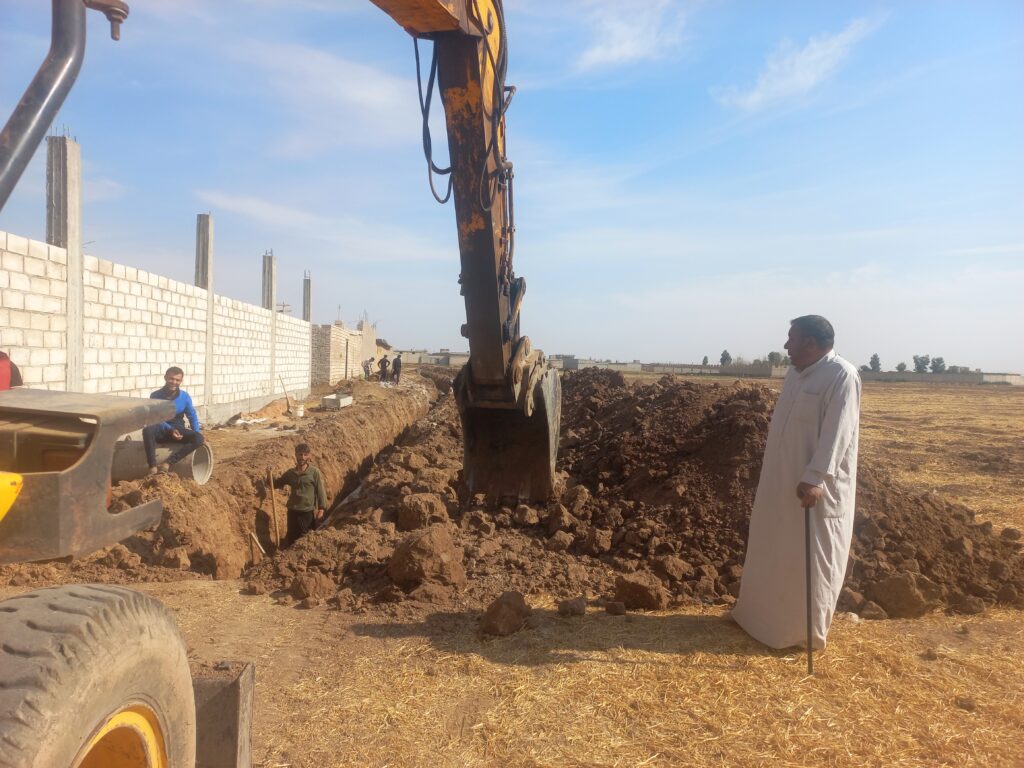
This successful collaboration resulted in the creation of a 600-meter sewage line (almost 2,000 feet) benefiting around 60 households in Jamaya, almost 300 people, and greatly improving quality of life.
“We faced issues like livestock deaths, odors and diseases due to the lack of a sewage system,” said Ibrahim, a 49-year-old shepherd who lives in Jamaya. “Thanks to the support from the FURAT III program and the swift response from the Qamishli municipality, we now have a working sewage system in place before the winter, which enables us to tackle the sewage crisis and avoid further complications.”
FURAT III is designed to support local governance actors and citizens living outside the regime’s control in the northeastern region of Syria with an emphasis on women, youth and religious and ethnic minorities. Support from FURAT III supports local governance partners better deliver essential services, improve responsiveness to community needs, address barriers to displaced persons’ reintegration, and enhance stakeholder coordination.
